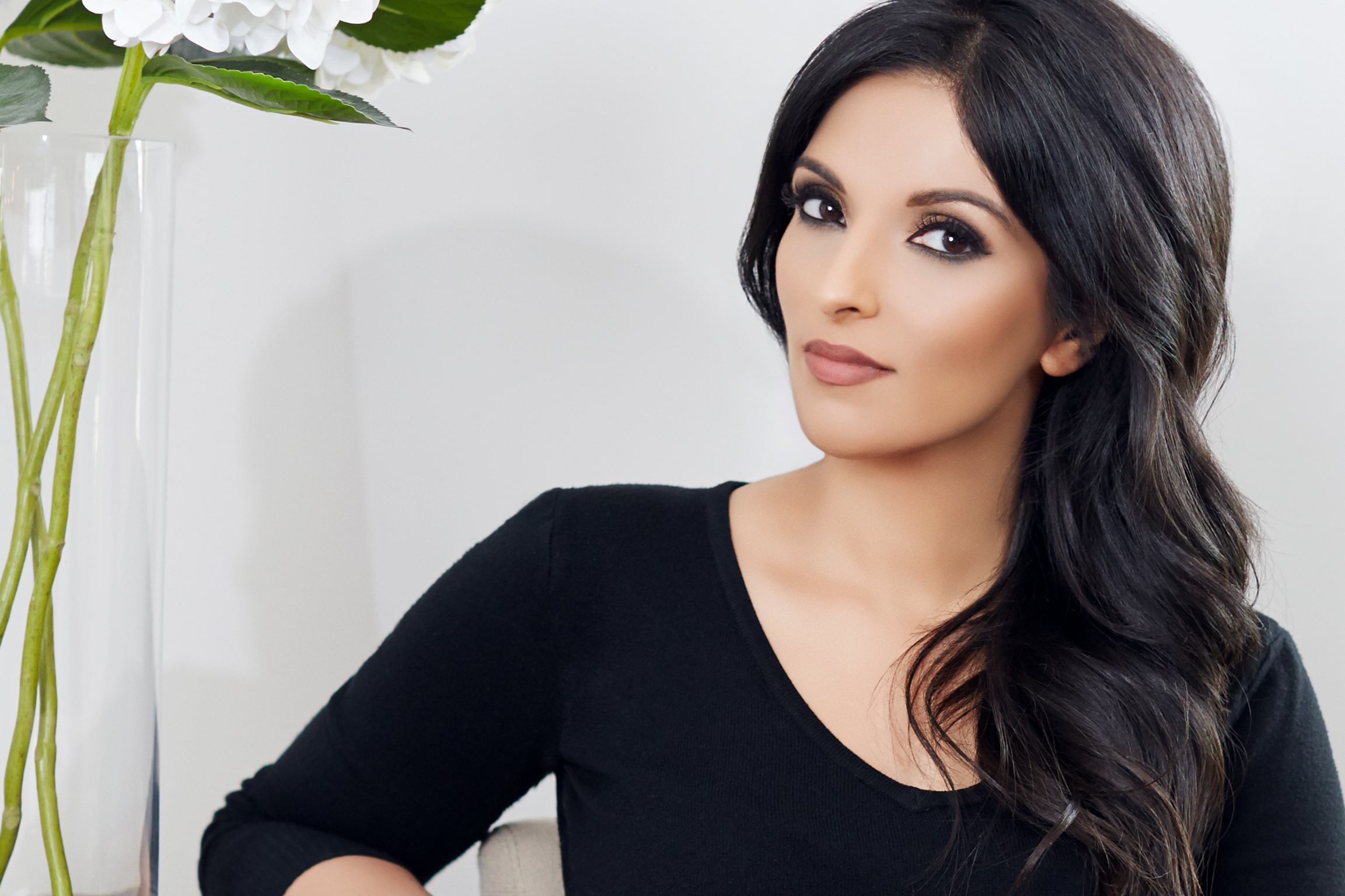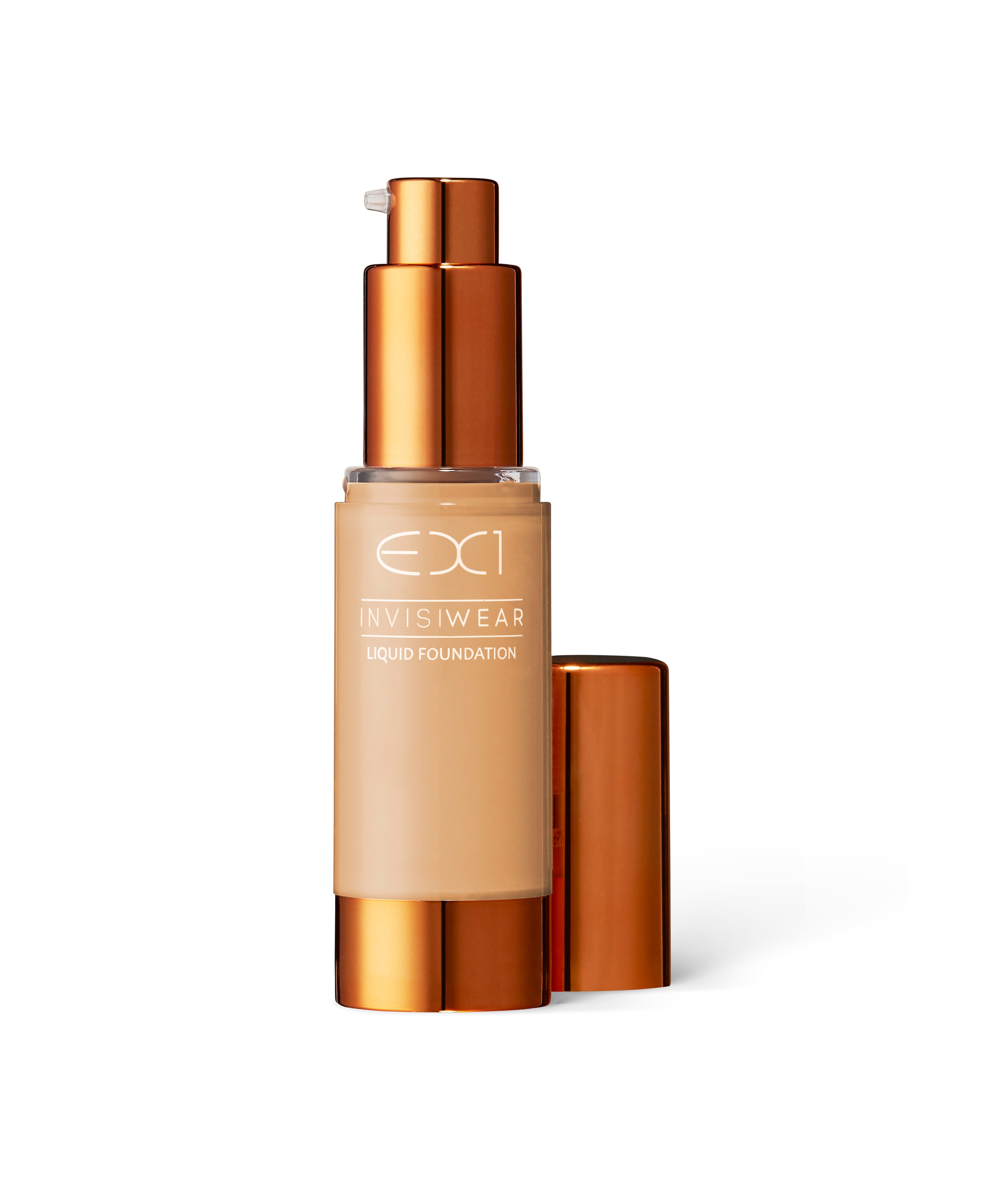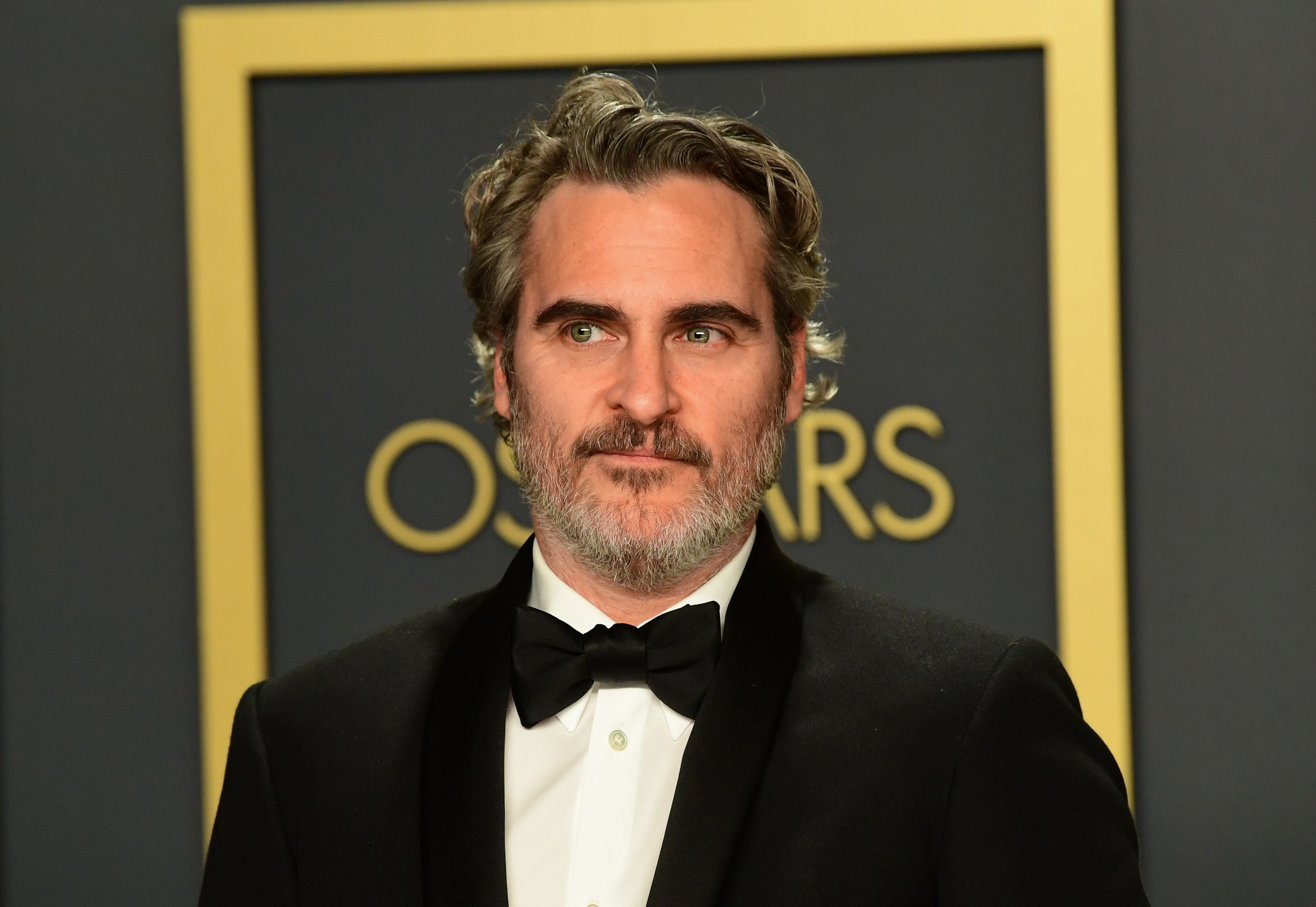‘The trick is looking as if you are not wearing makeup’: EX1 cosmetics is solving a beauty diversity problem
It has been worn by a host of celebrities, and it costs just £12.50. Andy Martin speaks to Farah Naz about the creation of EX1 Cosmetics


First it was Adele at the Brits. Then Britney Spears at the Apple Music festival. Then Joaquin Phoenix at the Oscars. They were all filmed on stage or on the red carpet wearing EX1 foundation, setting off reverberations across social media and triggering headlines like “Adele wears £12.50 foundation bought in Superdrug (and looks fabulous)”. “Sitting in my 100sq ft office in the suburbs, I would never have dreamed of a global superstar using our cosmetics,” says EX1 founder and CEO, Farah Naz, “especially when you’re operating on a tight marketing budget.”
A British Asian who grew up in London, Naz’s own foundations were set in place when she started studying sciences at school and ended up taking a degree in biochemistry at Imperial College. She was taking a molecular neuro-science module and cloning proteins for her thesis, but all the time she was asking herself the question, “Where can I find the right foundation?” The simple answer was she couldn’t. It was always either too pink or too orange for her complexion.
I don’t generally go into huge detail on physical appearance, but in this case it’s relevant. Farah (pronounced as in Farah Fawcett) Naz (with a long a) has huge very dark eyes, very long black (or almost black) hair down nearly to her waist, and – this is the key thing for current purposes – an olive-toned complexion (entirely flawless to my eye). Even as a student she was a fan of beauty products but nothing really matched her skin.
She was not alone: foundation is the most purchased product in the facial sector, but 78 per cent of women would switch foundation if they could and 90 per cent of olive-skinned women aged 16-25 are not happy with their foundation. It’s the basic canvas for all make-up, but finding the right one is like the search for the Holy Grail. Naz was frustrated by the gap in the market. Fortunately, as a biochemistry graduate, she was well equipped to go and concoct a potion of her own. “There were so many people who felt overlooked. I instinctively understood the scale of the problem. There is a lot of talk of diversity in the industry. Brands are very keen to be inclusive. However at the product level they don’t deliver.”
Justin Timberlake wore it. Rami Malik wore it to collect his Oscar for best actor in 2019. Michelle Obama wears it, as does Margot Robbie
After a year’s international management course and several years managing her two young daughters, Naz spent 2009 on the first floor of the British Library researching market reports and gauging the extent of the problem. She realised that the beauty industry had not revisited the science of pigments for decades. “They talk about ‘Fast Beauty’ – trend-based products – but their skin classifications are stuck in the past.” Products were being formulated by chemists, but they lacked the all-important “bio” in biochemistry, the particulars of the body and skin health. At the same time she trained as a make-up artist at the Rouge School of Beauty and Make-up in Covent Garden. “I’ve never actually practised, but I wanted to learn about colour.”
She spent the next two and a half years in research and development, collaborating with scientists in Italy – home of the best quality cosmetics in the world, and especially strong on emulsions (which are at the core of foundations). In the lab they experimented and blended pigments in new ways and came up with a secret formula for golden-yellow undertones.
“Our pigments are unique,” says Naz. “That’s how we differentiate.” She says that manufacturing the product is not unlike making artisan food – one which is 100 per cent vegan, moreover. “You source the best ingredients and you look at how you are baking it.” EX1 products come from the very same lab as the most expensive high-end brands.

Naz was shocked and yet not surprised by one discovery. We all know that mass market brands sell in high street pharmacies (like Superdrug), while the swankier luxury brands have to be sought out at more upmarket emporia (like John Lewis). “But the truth is there is almost no difference at the formula level. One euro difference perhaps. But there are eye-watering markups in the luxury brands for practically nothing.”
Launched in 2014, with the tagline “Olive skin? We see you”, EX1 (from “exact match”) was a high-end quality product that sold cheaply in mass market shops and online. “We disrupted the market both at the pigment level and in pricing,” says Naz. She isn’t alone in saying it – the NBC Today Show rated EX1 as one of the top 5 “disruptive” brands in beauty. After that it was picked up by A-listers for whom price was not an issue, who had access to the best quality products in the world.

Justin Timberlake wore it. Rami Malik wore it to collect his Oscar for best actor in 2019. Michelle Obama wears it, as does Margot Robbie. Even Kylie Jenner, despite having her own make-up company, swears by EX1 “natural blush”. The trick is looking as if you are not wearing make-up, you just naturally look like this. After Joaquin Phoenix put it in the spotlight in Hollywood, it became the No 1 concealer on Amazon. Make-up artists and “groomers” (the equivalent for men) were singing its praises. “They found that it gave people on the red carpet that superstar golden glow,” says Naz.
It’s good to see men using make-up. I think it should be an option. We have flaws too – why not conceal them? Especially if you happen to be standing in front of a phalanx of paparazzi.
EX1 recently launched in Dubai. This month they’re expanding in the UK, rolling out to over 250 locations around the country under the AS Watson banner. Meanwhile Farah Naz is still carrying out further research on the science of skin in collaboration with a UK university. She may be the Asian Business Awards’ 2018 “Business Woman of the Year”, and a make-up artist, but she is still a practising biochemist at heart.
Join our commenting forum
Join thought-provoking conversations, follow other Independent readers and see their replies
Comments



Bookmark popover
Removed from bookmarks